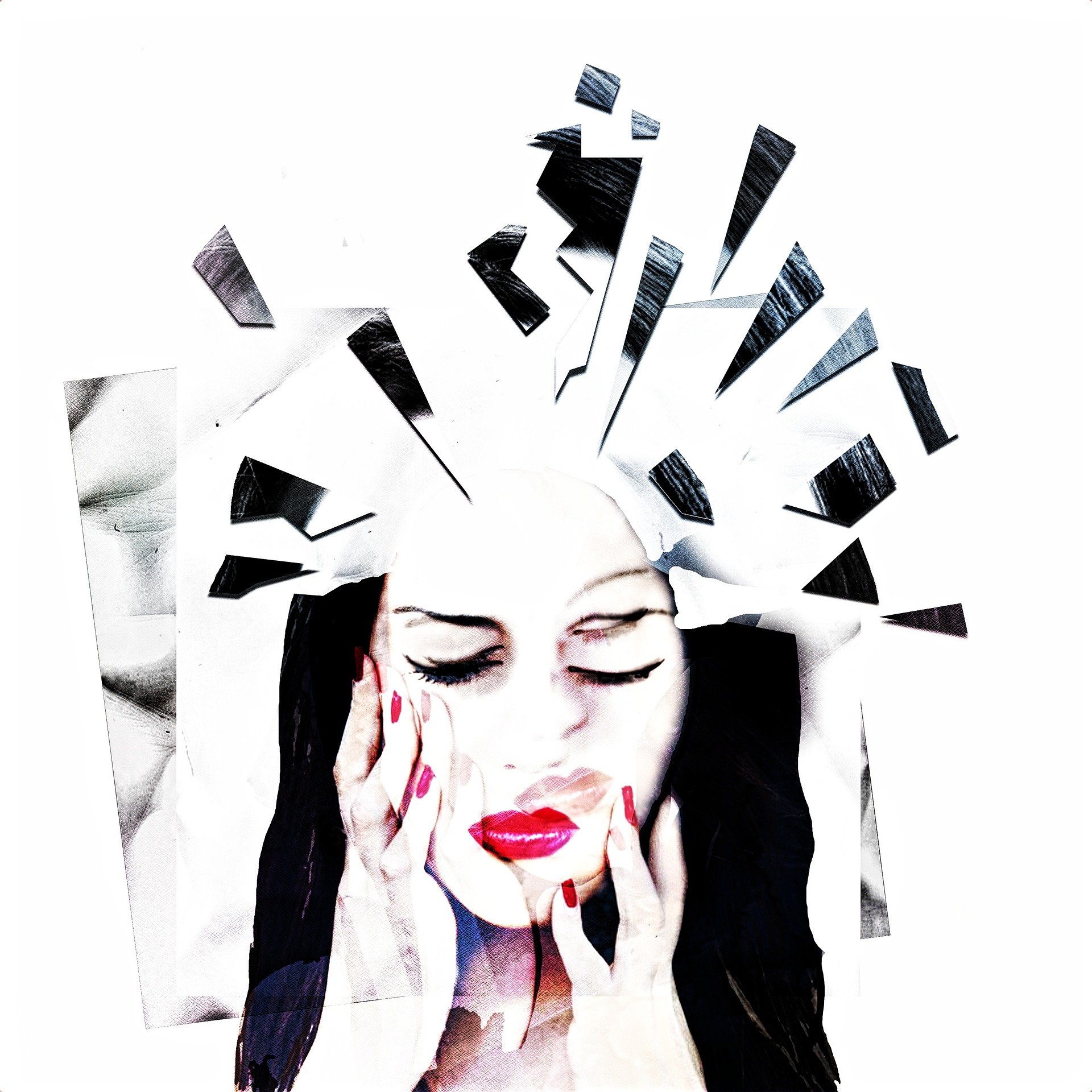As the never-ending lockdown began, I, like many others, thought this would be the perfect time to start a self-care routine. As I scoured the web to know more, I found various listicles suggesting the best products to de-stress.
It didn’t take long for the irony to strike me. These websites told me that I would have to spend a lot of money to get that strawberry gloss and frosted rose candle I was eyeing. It was then that I realised, as I looked at pages and page of products, that this money-minting industry was sure to leave me broke and cause more anxiety – thereby make the whole point of a “self-care Sunday” obsolete.
Even the idea of caring about myself in such a way was adding to the stress. Social conditioning over the years has led women to believe in the need to care for others over themselves. The self-care movement began for women all around the globe to reclaim time for themselves and their priorities.
Still, self-care has become about a plethora of often expensive products more than reclaiming agency for ourselves.
Also read: The Grooming Gap: Why Does it Cost More to be a Woman?
With growing anxiety amongst Gen Z, the self-care industry has come to present itself as the antidote that helps us relax, de-stress, and gear up for another gruelling week at work. The idea looks promising: unwind with a glass of Rose as you play with the bubbles and the bath salts in your tub. It is the day when you take care of your skin, your body, and your mind.
While I agree self-care is essential, I find it amusing how companies find ways to sell the idea to us. For some time now, “thread” trend has been making the rounds on Instagram where certain accounts share pictures from other social media platforms such as Pinterest, Twitter and Reddit. Scarily, many (including teenagers) rely on these threads to cope with issues such as anxiety, stress and even self-care.
A lot of young users send in their requests to these accounts asking “how to make friends” or “self-care tips” and in return, these accounts create threads for them. Information isn’t in big chunks, but within 280 characters making it easier for the audiences to engage with. Plus, users are able to respond with feedback and swipe through the gallery. These accounts have also become a breeding ground for influencers and others to post promotional content beyond the self-care hashtag. However, most of these accounts are run by older teenagers and college students, who are hardly mental health experts.
As an anxious person, I have spent years feeling a heavy weight on my chest, with thoughts rushing in my head one after the other, without a break. I am sure others feel the same, perhaps because we live in a world where we are constantly consuming news and information – most of which is depressing – leaving us even more morose, and hence longing for peace and self-care.
Also read: Putting On Makeup Feels Like Going to War With My Flaws (And Myself)
However, self-care isn’t just about expensive products. Mindfulness and meditation over a long time are among the best ways to come to terms with ourselves. As Yuval Noah Harari puts it, “ [In meditation], you get clarity about what’s happening in your mind.” Journaling also helps you structure your overflowing thoughts and gives it a shape. It helps your mind to be free and clear. Exercising and brisk walks help us stay healthy and get rid of toxins from our body. These are all expert pieces of advice from psychologists and counsellors from all around the globe.
Companies, on the other hand, sell us comfortable fuzzy shoes and clothes under the label of self-care – if only feeling cosy could free the chaos in our heads. Stone embellished journals may fit the look, but the importance of writing our thoughts down takes second place. Have we reached a point in consumer culture where we give more importance to the commodity than ourselves?
Don’t get me wrong. I am not saying that indulging in self-care products is wrong. But when we focus on products to make ourselves feel good, we internalise the idea that happiness comes from an external source. It is quite easy to get that hit of dopamine since consumer culture teaches us to expect rewards quickly. On a day you feel low, you can cheer yourselves up by clicking “add to cart” and “place order.” But, in the long run, how many commodities can we keep buying?
Self-care isn’t limited to a weekend plan. It is a long-term plan that needs daily and conscious investment. While self-care sounds soothing, it is no picnic. Self-care means having to come to terms with some harsh realities, some leftover, confused feelings, and a bunch planks and burpees. Self-care means different things to different people – it could just be about unwinding in front of a TV screen to rid yourself of a long day of mental work clutter.
While people have slowly started talking about self-care for what it is, we need more of such conversations. We also need to trust experts in the mental health field over accounts run by teenagers. When we accept self-care for what it is, these products act as secondary desires. We cannot stop buying commodities, but we need to learn to love ourselves above all first.
Parvathi is a journalism student and a psychology enthusiast.
Featured image credit: Dyversions/Pixabay

